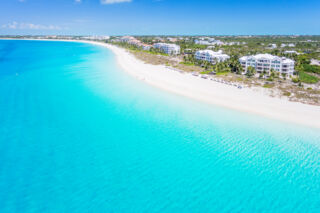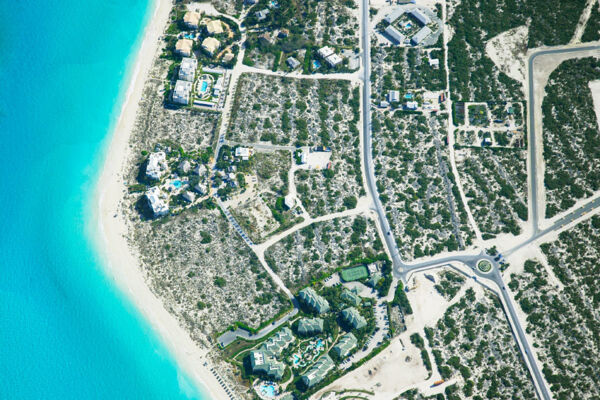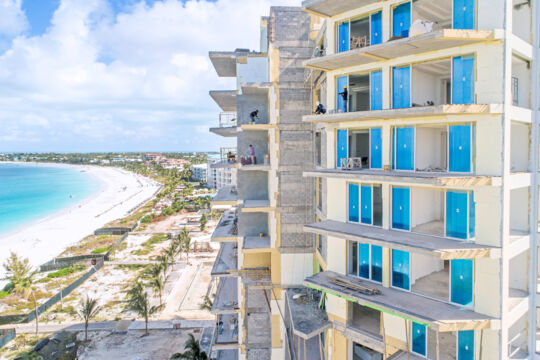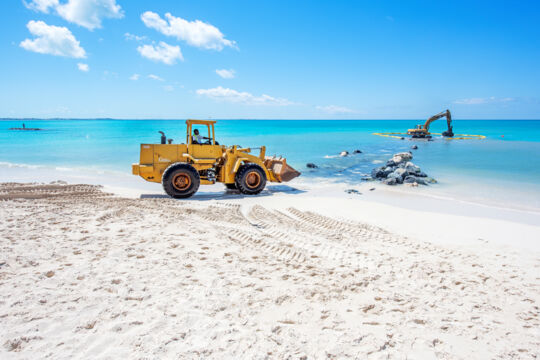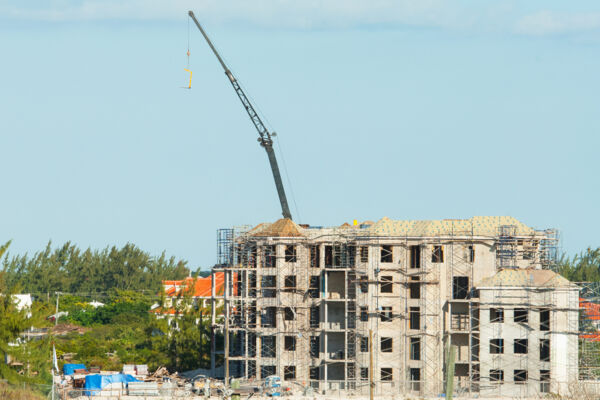Investing in the Turks and Caicos Islands
The Turks and Caicos is a popular destination for persons looking to invest outside of their home country. Many private villas let out for short-term rentals are investment properties by non-resident owners. In addition, many of the largest businesses in the country are foreign-owned or started by immigrants.
Starting a Business
Business License
You must obtain an annual business before conducting business in the islands. The price varies considerably depending on your category, from $100 for a farm to $7,500 for a large law firm.
Several categories are protected for persons with Turks and Caicos Islander Status only. Entry into a restricted category by a non-Turks and Caicos Islander requires a local partner with a majority stake. Examples of restricted categories include (non-exhaustive):
- Bakeries
- Service stations (fuel stations)
- Real estate agencies
- Small and medium-sized contracting
- Stand-alone bars
- Retail stores
- Travel agents
- Security services
Purchasing an Existing Business
Some existing restricted category licenses can be obtained (on a ‘grandfather' basis), and thus it may be possible for foreigners to operate in a restricted category.
No Exchange Controls or Currency Controls
Unlike in other Caribbean jurisdictions such as the Bahamas, there are no currency controls in the TCI. In addition, the TCI uses the U.S. dollar, which removes the risk of currency exchange fluctuations (for those persons from U.S. dollar jurisdictions).
Trademarks and Patents
You may apply for trademarks and patents through the Financial Services Commission in Grand Turk. The application process is straightforward and information can be obtained by contacting the department at +1 (649) 946-2801.
Purchasing Real Estate
There is currently no property tax in the country. Transfer tax (Stamp Duty) is payable, which may be possible to be paid over an allotted number of years. The rate is higher for Providenciales than other islands in the country.
Condominiums are a popular form of investment in the country. Some persons promote the concept of using the revenue from rentals to cover mortgages and owner-associations fees. Thus, people are encouraged to simply put up the down payment in the expectation that future revenues will cover expenses (including the mortgage) moving forward. This may, or may not, be the case for individual owners. Many of the luxury condos in the Turks and Caicos are overseen by management that operates the site as an accommodation, which maintains the outward appearance and functionality of a resort.
Capital Gains Tax
There is no capital gains tax or similar tax in the Turks and Caicos Islands.
Residency and Citizenship
Persons who invest a significant amount in a business or real estate may have the ability to apply for a residency permit. This typically does not include the right-to-work in the islands. For large investors, it may be possible to obtain a Permanent Residency Certificate on the basis of investment.
For persons on annual residency or work permits, after spending 10 years in the country, you may apply for PRC status.
Because of the status of the Turks and Caicos Islands as a British Overseas Territory, there is both Citizenship (British Overseas Territories Citizenship) and also local Turks and Caicos Islander Status (previously titled Belonger status).
Being a BOTC gives you residency and work rights. Having Turks and Caicos Islander Status (Belonger status) gives you the right to vote, operate restricted business categories, and hold public office.
Invest Turks and Caicos Islands
Invest Turks and Caicos Islands is a governmental statutory body that was established in 2015. This agency provides free information for prospective investors (both foreign and domestic) and assists with immigration information, company formation, and other types of investments in the islands.
Corporate Services Providers
